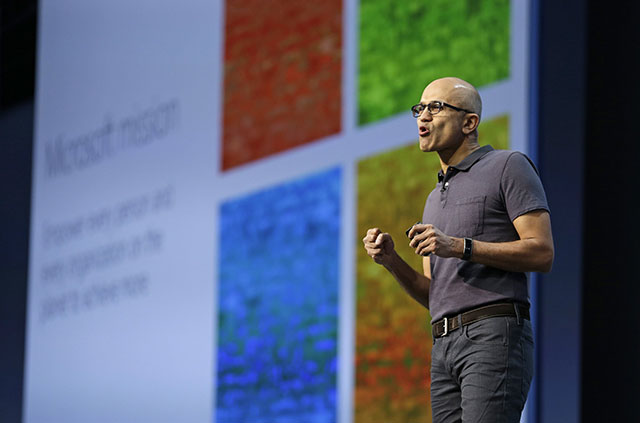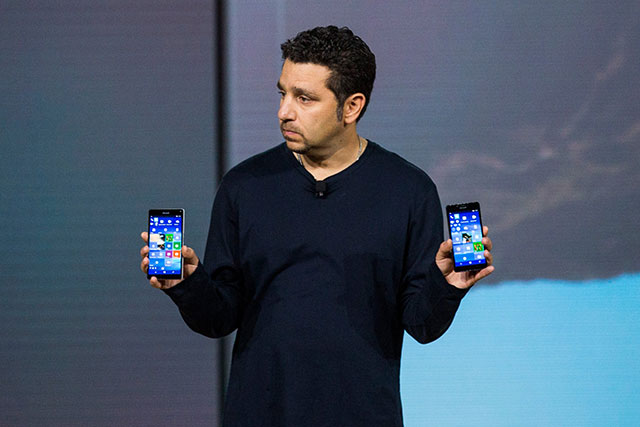Microsoft's dream of Windows on phones is dead, now is the time for Plan B
Last weekend, the executive vice president of Windows Phone at Microsoft Joe Belfiore confirmed what the biggest fans already know: Windows 10 Mobile, the mobile operating system has officially dropped out.
This is not unexpected news. Microsoft has no longer created any Windows 10 Mobile flagship phone since the Lumia 950 in 2015 and HP has just stopped developing its ambitious HP Elite x3.
Microsoft 's top manager previously said that Windows 10 Mobile is not really focused, instead, they choose to release iOS and Android applications twice as much.
Although Microsoft has not really closed the door to return to the phone someday (still rumored that Microsoft is working on a phone called Surface Phone), they have temporarily given up.
The important question is when Windows 10 Mobile dies and the PC market is declining, Microsoft and specifically Windows 10 will do next?
If you ask Microsoft, the answer will be augmented reality (AR), the technology that puts digital images on the real world on the phone or, more promising, glasses.
Microsoft has greatly encouraged AR when offering HoloLens glasses in 2015, saying that similar AR glasses could completely replace phones. Why should I bring my phone when you can read books, watch movies with glasses without using them?
The problem with Microsoft is that Windows 10 Mobile decline may affect the AR strategy. Google and Apple built AR technology on Android and iOS, making those platforms very open. Now, Android developers and iPhones can put AR on their mobile apps and distribute AR apps that are spacious and easy.
When there is no longer a mobile operating system, Microsoft can be left behind.

Satya Nadella CEO and his boat are trying to keep the importance of Windows
But, sure, abandoning Windows 10 Mobile doesn't mean they will abandon the future of AR. The company has partnered with Samsung, Dell and many other companies to produce and promote virtual reality headsets for Windows 10 PC. Microsoft between VR and AR is like two sides of a coin, so the success of one thing can lead to the success of the other.
Broadly speaking, Microsoft is trying to keep Windows 10 still important even when it comes out of the mobile market, by duplicating things that Windows still does well.

Microsoft Panos Panay hardware director with Lumis 950 and 950 XL
For example, Microsoft gamers prefer Windows, which reinforces this. Xbox boss Phil Spencer has just been promoted to head of CEO CEO Satya Nadella's group. The company also strives to bring more Xbox games to the PC (and vice versa).
Office still brings great benefits to Microsoft so they still include new features, including Windows Ink updates, allowing users to interact with the stylus. Finally, Microsoft wants customers to use Windows 10 with just the pen, opening the PC way to new users.
No longer a mobile operating system, keeping the importance of Windows is not easy and the commitment is becoming more and more difficult to implement.
You should read it
- ★ Microsoft will officially stop supporting Windows Phone, and check your device deadline
- ★ Microsoft people explain why Windows on the phone failed
- ★ How is Microsoft turning Android into a mobile OS for Windows?
- ★ After Windows 8.1, Windows Phone will discount up to 70%?
- ★ Microsoft provides free Windows copyrights